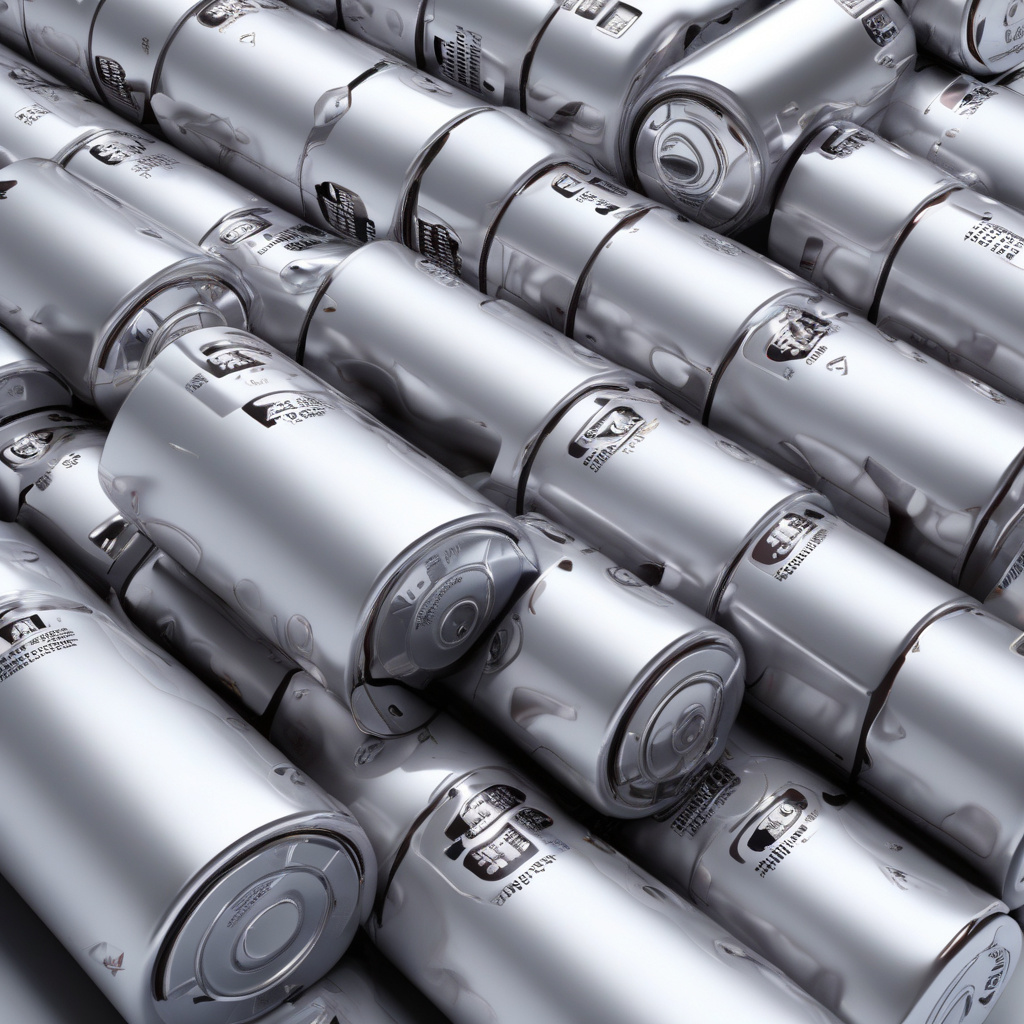Lithium-metal battery could get extended life, better design with US scientists’ technique
Scientists have revealed that the new generation of batteries could get higher lifespan with the innovative technique developed by a team of US researchers. Lithium-metal batteries have long been considered a promising candidate for high-energy storage solutions, but their widespread adoption has been hindered by safety concerns and limited cycle life. However, with the latest breakthrough in battery technology, these limitations could soon become a thing of the past.
The research conducted by US scientists focuses on enhancing the performance and safety of lithium-metal batteries by using a technique called “solid-electrolyte interphase engineering.” This approach involves manipulating the interface between the battery’s electrolyte and electrode to create a more stable and efficient energy storage system. By carefully controlling the formation of the solid-electrolyte interphase, researchers have been able to significantly improve the battery’s cycling stability and overall lifespan.
One of the key advantages of this new technique is its ability to suppress the formation of dendrites, which are tiny needle-like structures that can grow on the battery’s electrode over time. Dendrites are a major cause of short circuits and premature battery failure in lithium-metal batteries. By preventing their formation, researchers have been able to extend the battery’s cycle life and improve its overall performance.
In addition to enhancing the battery’s lifespan, the solid-electrolyte interphase engineering technique also allows for the design of batteries with higher energy density and faster charging capabilities. This could have significant implications for a wide range of applications, from consumer electronics to electric vehicles. With a longer lifespan and improved performance, lithium-metal batteries could become the go-to choice for energy storage solutions in the future.
The potential impact of this research extends beyond the realm of battery technology. By enabling the development of more efficient and reliable energy storage systems, US scientists are paving the way for a cleaner and more sustainable future. As the demand for high-energy storage solutions continues to grow, innovations like the solid-electrolyte interphase engineering technique will play a crucial role in meeting the needs of a rapidly evolving energy landscape.
In conclusion, the groundbreaking work done by US scientists in the field of lithium-metal battery technology has the potential to revolutionize the way we store and utilize energy. By improving the lifespan, design, and performance of these batteries, researchers are opening up new possibilities for a wide range of applications. As the technology continues to advance, we can expect to see even more exciting developments in the field of energy storage in the years to come.
battery, lithium-metal, lifespan, energy storage, US scientists










